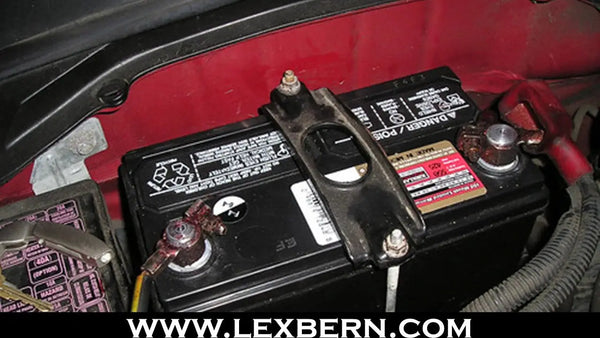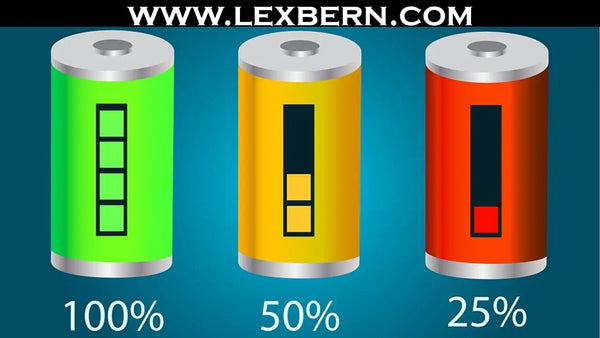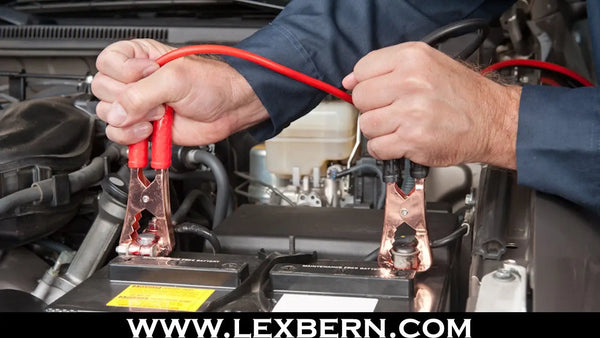Understanding Battery Reserve Capacity: How Long Can Your Overland Battery Really Last?
When choosing a battery for your overland vehicle, you've likely encountered terms like "cold cranking amps" (CCA) and "reserve capacity" (RC). While CCA tells you how much power a battery can deliver in a short burst for starting an engine, reserve capacity focuses on how long a battery can sustain power under continuous use.

Think of it like this: CCA is like a sprinter, providing a burst of energy, while RC is like a marathon runner, offering sustained performance over time.
How Does Reserve Capacity Work?
Reserve capacity is measured in minutes, typically at a standard temperature of 80°F (26.7°C). It indicates how long a fully charged battery can deliver a specific current (usually 25 amps) before its voltage drops to a predetermined level (usually 10.5 volts).
For example, if a battery has a reserve capacity of 120 minutes, it can theoretically provide 25 amps of current for 120 minutes before its voltage falls below 10.5 volts.
What happens when the voltage drops? As a battery discharges, its voltage naturally decreases. However, dropping below a certain voltage level (like 10.5 volts) can indicate that the battery is significantly drained and may struggle to power certain devices effectively.

Here are some key points to remember:
- Reserve capacity is not the same as amp-hours (Ah): Ah measures the total amount of energy stored in a battery, while RC tells you how long that energy can last under a specific load.
- Higher RC is generally better: A higher reserve capacity rating indicates that the battery can handle longer periods of sustained use before needing recharge.
- RC is more relevant for deep-cycle batteries: Deep-cycle batteries, designed for applications like powering RVs, trolling motors, and off-grid systems, benefit more from a high RC rating.

Why is Reserve Capacity Important?
Knowing a battery's reserve capacity helps you choose the right one for your needs. Here's why:
- Vehicles with high electrical demands: Cars with numerous accessories or those used for short trips benefit from a higher RC to handle the additional load.
- Off-grid applications: Choosing a battery with a high RC is crucial for powering devices for extended periods without access to an external power source.
- Emergency situations: A battery with a good RC can provide backup power for essential appliances during power outages.
By understanding how reserve capacity works, you can make informed decisions when choosing a battery that meets your specific needs and ensures you get the most out of its performance.
Start shopping our LED Products
Ready to outfit your vehicle with LED lights?
Feel free to reach out to us by any of the methods listed below:
Phone: 484-513-7746
Email: support@offbrandproducts.com
Online Chat: Click the Chat button to be connected with a representative.

